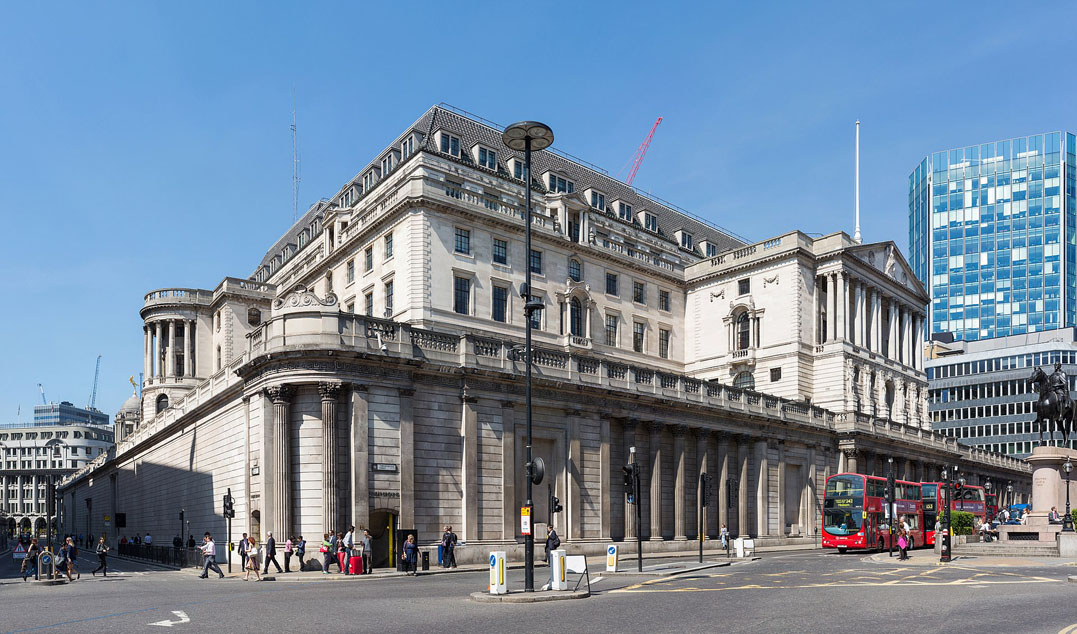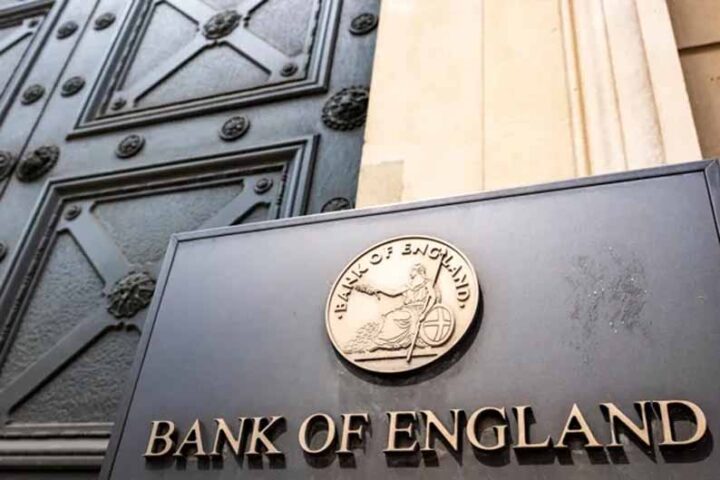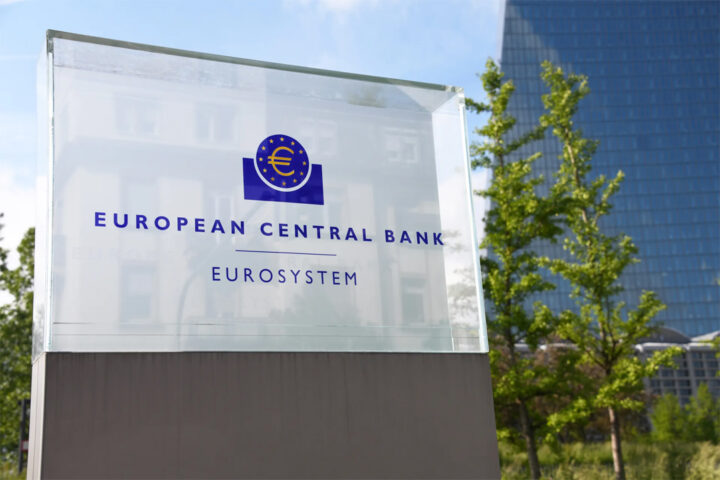The Bank of England’s threat of negative interest rates will encourage market-wise investors to increase their exposure to British stocks, as the UK’s central bank on Thursday committed to leaving interest rates unchanged at 0.1%, a leading advisor has said.
The BoE maintained its agenda of the quantitative easing (QE) programme buying government bonds and corporate bonds.
“The UK’s benchmark fell on the Bank of England’s ‘unusually uncertain’ outlook for the economy. This is a predictable knee-jerk reaction from the markets,” said Nigel Green, chief executive and founder of deVere Group.
“For the time being, the BoE avoided taking the plunge into negative interest rates, instead deciding the less risky measure is to maintain the Bank’s £895 bln QE programme.
“However, it is clear that as the Bank tries to bolster the pandemic-stricken British economy, negative interest rates remain part of the ‘tool kit’.”
The CEO of one of the world’s largest independent financial advisory organisations said the BoE has been very deliberate in not taking this highly controversial option off the table.
“Should the BoE decide ultimately to take rates below zero, as already tried in the European Union and Japan, it would be the first time that they have done so since the Bank was founded in the 17th century,” Green said.
“Questions remain as to whether negative rates would achieve the primary aim of supporting the economy.
“This is because the move could be viewed by consumers and investors that the economy is in a perilous position and, as a result, trigger a serious drop in consumer and investor demand.”
Boost for financial asset prices
The deVere boss explained that whilst the debate on whether negative interest rates help the ‘real economy’ or not will continue, there is no doubt that they would help boost financial asset prices.
“With this now front and centre in their minds, investors will be looking to top-up their portfolios before the next round of cuts and the likely subsequent price increase. They’ll be moving to capitalise on the lower entry points now before the next significant rally.”
He added that those with savings in the bank are already getting no return thanks to the ultra-low interest rates.
“The threat of negative rates will offer them more reason to increase their exposure to stocks.”
Green concluded that “with the economy how it is, and the hint-dropping from Bank of England, rate cuts are looming as it’s increasingly clear that the quantitative easing agenda is not sustainable.
“This will push up financial asset prices and, as such, many investors will be wanting to get ahead of the curve and build on their wealth.
“The best way, as ever, is to bolster portfolios, ensuring they are properly diversified across asset class, sector, region and currencies.”










